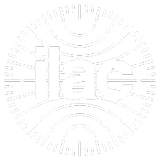Inspection News
Environmental Quality Control: Examining the Role of Testing in Environmental Monitoring and Compliance, Ensuring Air and Water Quality Standards
Quality control in the environmental sector plays a crucial role in monitoring and ensuring that industrial and everyday activities do not harm the environment. Testing air and water quality is essential for protecting public health and maintaining ecological balance. This article explores the role of environmental testing and the importance of adhering to air and water quality standards.
1. The Importance of Quality Control in Environmental Protection
Environmental quality control involves assessing and verifying environmental factors to ensure they meet quality and safety standards. In the face of increasing environmental pollution and climate change, quality control is essential for:
- Monitoring Pollution: Testing helps detect and track levels of air and water pollution, allowing for the control and reduction of negative impacts on human health and ecosystems.
- Ensuring Compliance: Ensuring that industrial, agricultural, and residential activities comply with environmental regulations and quality standards, which helps protect the environment and natural resources.
- Assessing Impact: Identifying the impacts of activities and projects on the environment to implement measures to mitigate or address them, thus protecting ecosystems and resources.
2. Air Quality Testing Requirements
Air quality testing is critical for protecting public health and the environment. Key testing requirements include:
- Pollutant Measurement: Measuring pollutant levels such as particulate matter (PM2.5, PM10), nitrogen dioxide (NO2), sulfur dioxide (SO2), carbon monoxide (CO), and ozone (O3) to assess pollution levels and their effects on human health.
- Source Identification: Identifying sources of air pollution, such as transportation, industry, and agriculture, to implement effective control measures.
- Continuous Monitoring: Air quality monitoring stations provide continuous data on air quality, helping to detect and respond promptly to pollution changes.
3. Water Quality Testing Requirements
Water quality is directly linked to public health and aquatic ecosystems. Key testing requirements include:
- Chemical Parameter Assessment: Measuring parameters such as pH, heavy metal concentrations, nitrates, phosphates, and organic compounds to evaluate pollution levels and water usability.
- Microbiological Testing: Identifying harmful microorganisms such as bacteria, viruses, and fungi in water to ensure it is safe for consumption and use.
- Water Resource Monitoring: Monitoring and managing water resources to ensure adequate supply and maintain water quality at safe levels.

4. Benefits of Rigorous Environmental Quality Control
Implementing stringent quality control processes in environmental protection offers several significant benefits:
- Protecting Public Health: Monitoring air and water quality helps identify potential health issues early and safeguards the community from pollution-related illnesses.
- Protecting the Environment: Quality control helps minimize negative environmental impacts, thereby preserving ecosystems and natural resources.
- Ensuring Compliance: Ensuring activities meet environmental regulations and standards reduces the risk of penalties and enhances organizational reputation.
- Improving Management Efficiency: Providing accurate data for effective management and decision-making in environmental protection and sustainable development.
5. Conclusion
Quality control in the environmental sector is essential for ensuring air and water quality and protecting public health and ecological balance. Monitoring air and water quality not only helps detect and address pollution issues but also ensures compliance with environmental standards. Investing in rigorous quality control processes is crucial for safeguarding the environment, human health, and sustainable development.
Understanding and implementing environmental quality control requirements is vital for ensuring environmental quality and fostering sustainable growth.
If you need professional quality control inspection services, contact VIS today! We ensure your product quality every step of the way.











